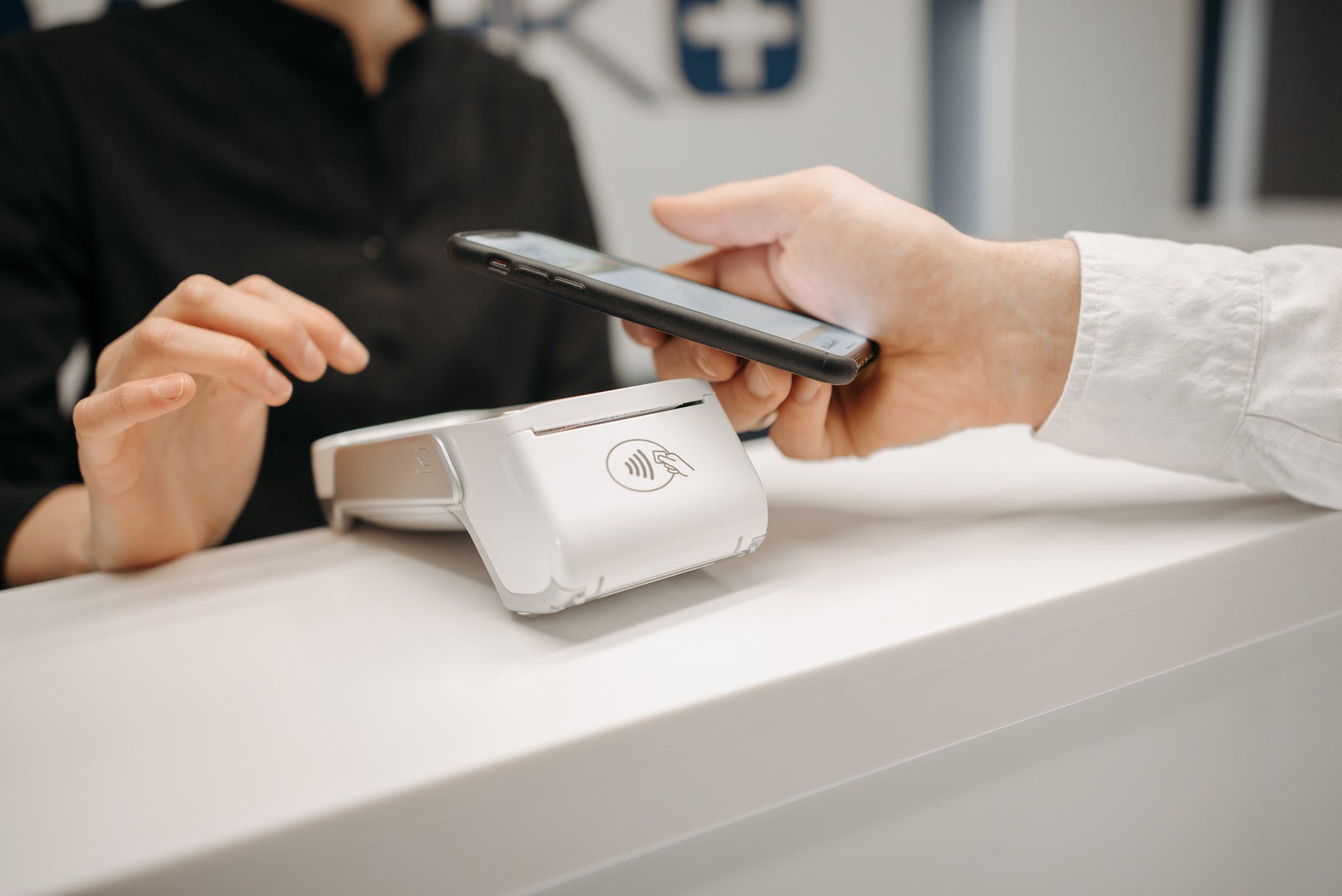Cash didn’t always exist. When human society came into existence, the economy was cashless and dependent on the barter of goods and services and other exchange methods. It wasn’t until thousands of years later that humans developed monetary coins followed by paper money, also known as “fiat” money. But in today’s world, a cashless economy is an economy where digital wallets and digital payments are powering all financial transactions.
According to FIS’ Global Payments Report, cash made up 18% of point-of-sale transactions globally in 2021 and expects global cash transactions to decline by 10% in 2025. At the same time, the global adoption of digital wallets has been increasing drastically in the past couple of years. According to research by Juniper, there will be 5.2 billion digital wallet users by 2026. So why are consumers, businesses, banks and governments adopting digital payments and shifting towards a cashless society?

Consumers shifting toward digital wallets and digital payments
Decrease Theft
Digital wallets drastically diminish the need to carry cash around. Since cash is easily stolen, carrying cash around increases the risk of theft. Even though mobile phones and cards can also be stolen, a pin along with other security protocols are required to obtain access and perform transactions.
Increase Security
Digital wallets are adopting the latest security technologies to guarantee that their user funds are secure. They use security protocols like biometric verification, two-factor authentication and one-time passcode (OTP). These security protocols block any attempt of unauthorized access and activity. Moreover, digital wallets are adding extra layers of encryption to protect users’ personal information.
Aid in Personal Finance Management
Today’s digital wallets help you track your finances better. Digital wallets keep track and record of all the transactions, even the smallest ones. This can help in budget allocation and saving. Also, digital wallets have become a one-stop shop for paying bills. Within a few seconds and a few clicks, you can pay the electricity bill, phone bill and every utility a smartphone. Moreover, most digital wallets offer a loyalty program and cashback offers where you can earn as you spend.
Businesses need digital payments to stay in the game
Competitive Edge
In today’s world, businesses need to adopt digital payments to stay competitive. Customers are always looking for safe, convenient, and fast ways to transact. As mentioned earlier, more and more consumers are shifting towards digital wallets. No more digging through wallets and looking for a change, customers can directly swipe or tap to pay.
Save on Money and Time
With less cash comes fewer problems. A business can save valuable time with digital payments rather than cash because there’s no need to count the cash or the correct amount of change. In addition, digital payments decrease the risk of robbery, fraud and human error. Moreover, digital payments are easier to administer. Companies can streamline and automate bookkeeping and accounting operations.
Banks are also riding the digital wallets wave
Save on Resources
With the rise of digital wallets, the definition of ‘banking’ changed. Today, banking means anytime, anywhere. Banks all over the world are closing their branches due to fewer people visiting them physically. Physical banking became an inconvenience and maintaining a physical bank is very costly. According to Mercator Advisory Group figures cited by Reuters, a branch in the US costs around 200,000 USD to 400,000 USD per year to run. With the shutting down of branches, banks are now saving on these costs and using them to enhance their tech budgets.
Sales Generation
Digital payments generate a huge amount of precious data, from personal information to consumer behavior. With digital wallets and payments, banks can collect and monetize this information. They can now understand customer behavior and identify commercial opportunities. With a huge understanding of behavior and opportunities, banks can now offer products or services that fit the interest of the market.
Fraud Detection
Paper money is hard to track. Gray and black markets benefit the most from that. But, the more payments shift from cash to digital, the more banks can easily collect data. Apart from using it for sales generation, banks can use this collected data for fraud detection. Using machine learning, within a few seconds, hundreds of thousands of transactions are analyzed and sorted. They can be sorted into purchase profiles, behaviors, etc… With this type of analytics and sorting, algorithms can spot abnormalities so banks can detect whether a transaction is suspicious or fraudulent.
Governments have a great interest in digital payments and cashless societies
Fraud Detection
Just like banks, the government can also use the data collected from digital payments. The government can then track suspicious transactions, shut down black markets and improve on reporting.
Enforce Taxes
In societies where cash is still dominant, the government only sees part of the picture. The digitization of transactions makes monitoring sales and taxes easy and convenient. The recording of digital payments obligates businesses to pay the sales tax to the government. This in turn increases the revenue of the government.
Reduce Cost
When payments become digital, governments can automate their payment systems. This will decrease the cost of collecting, processing and tracking payments. Moreover, digital payments are paving the way for e-governance, which is also a safer, faster and more convenient way for the government and the people to process all government-related information. E-governance helps save on both, money and labor.
Challenges of digital payments
Privacy
When it comes to everything digital, privacy is at stake. Cash allows you to transact anonymously without a trace. When it comes to digital payments, everything is trackable and different parties can have access to private information. Therefore, your information is exposed to hacking risks and data breaches. However, as previously mentioned, fintechs have been adopting the latest technology protocols to avoid this and protect their users.
Financial Inclusion
Financial inclusion is a worldwide issue. There’s a debate that the digitization of everything is leaving out the elderly, uneducated and less fortunate. However, fintechs have been doing what traditional institutions failed to do. Fintechs have been actively working on banking the unbanked. Different fintechs have been creating different custom solutions for different groups of people.
Over Spending
When spending with cash, you recognize the impact by physically removing the money from your wallet and handing it over to someone else. When it comes to digital wallets, you do not have the same impact. So the tendency of overspending might increase. Fintechs have recognized this issue and have been implementing personal finance management tools that can help users with this. These tools range from setting limits to projection budgeting.

Key Takeaway
Digital wallets are the future of banking and digital payments are the future of all transactions. In Lebanon, we are far from becoming a cashless society, especially with the ongoing crisis. At Purpl, we are creating a solution that gives the Lebanese people the technology required to be able to have fast, convenient and secure transactions anytime, anywhere.
Written by: Mayssa Abillama

